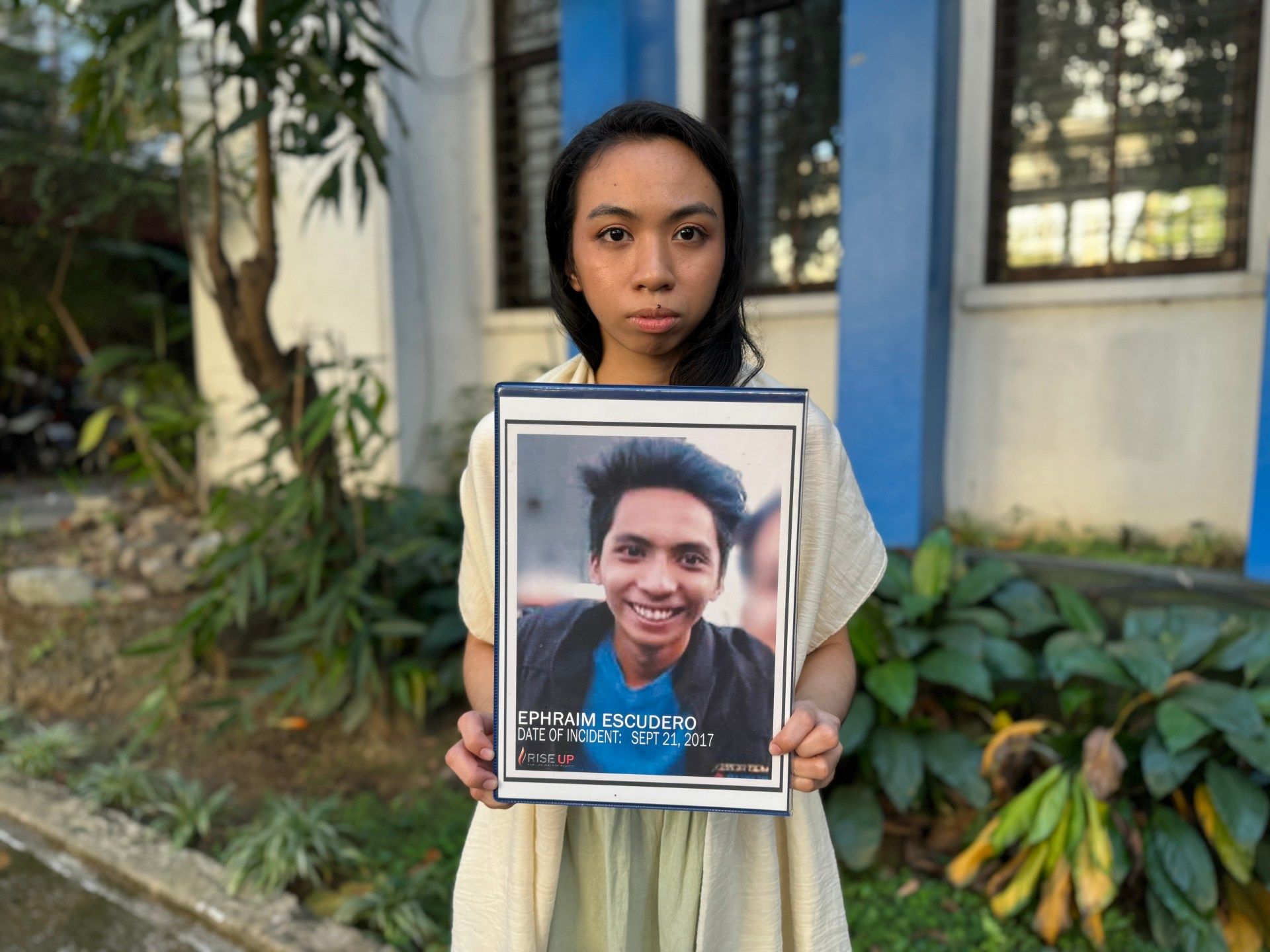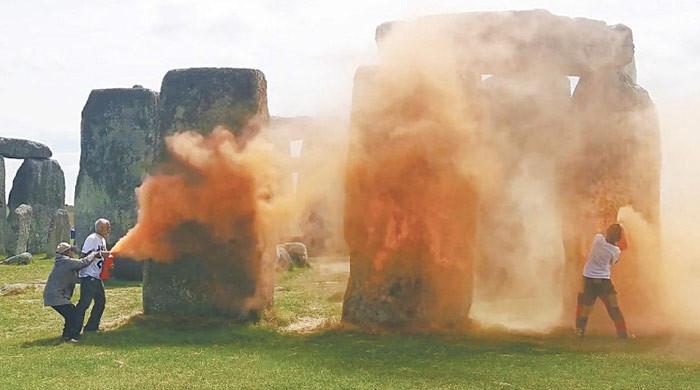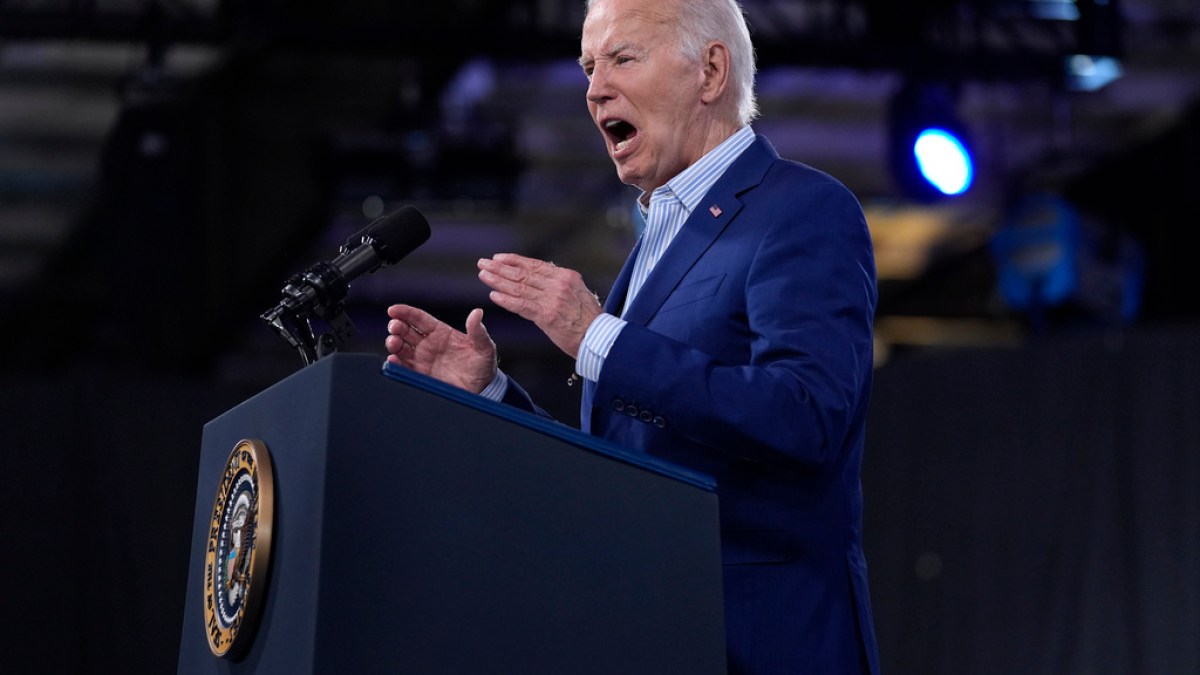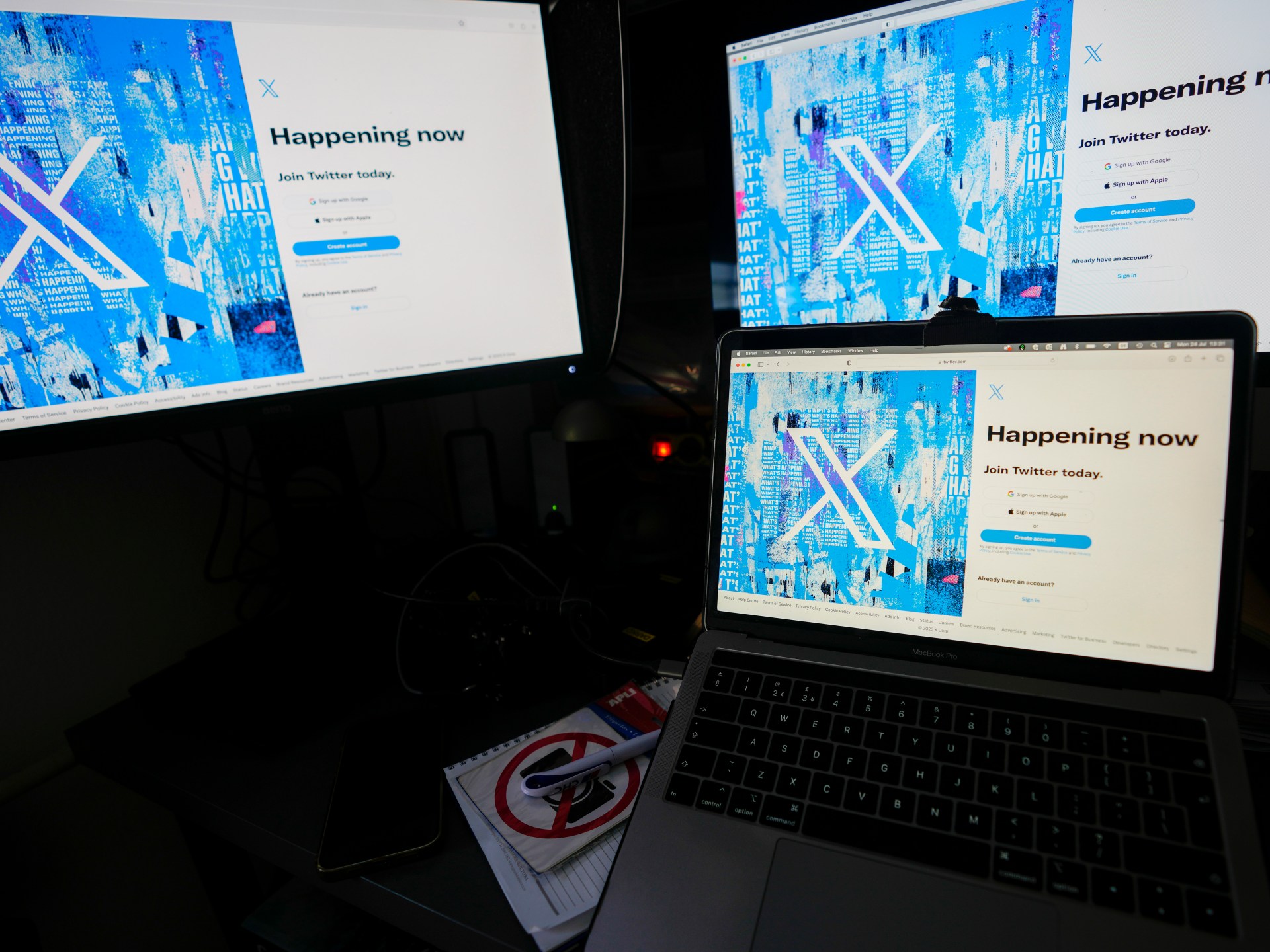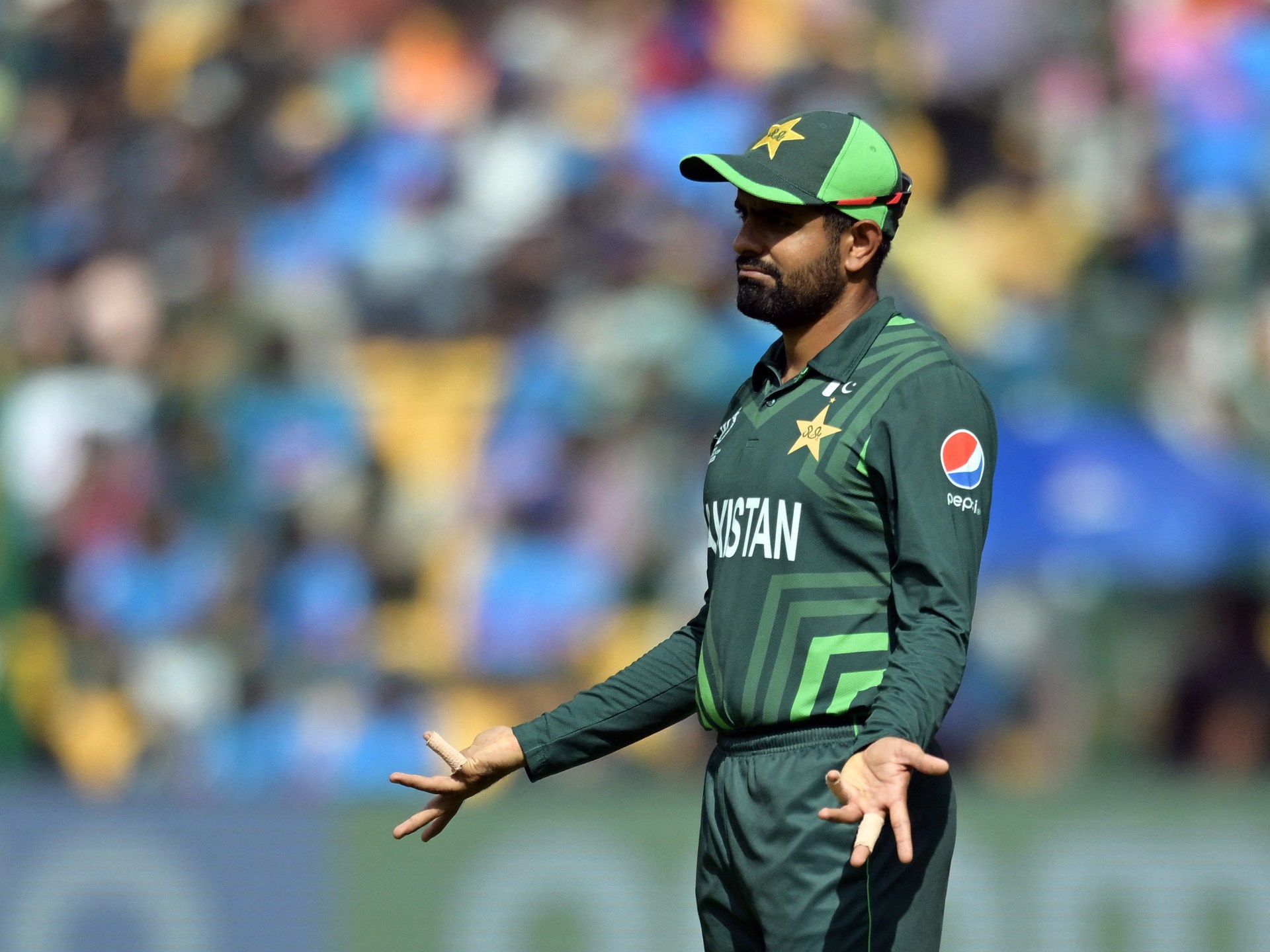Manila, Philippines — Ephraim Escudero had been missing for five days when a neighbor showed his family a news clipping.
The bodies of two unknown men had been found in Pampanga, about five hours from their home east of Manila in Laguna, but the report contained enough identifying details that the family knew instantly. “It was Ephraim,” said her sister Sheerah.
“Both [victims] They were wrapped with duct tape around their heads,” Sheerah recalled. “[Ephraim] I was tied up. He had his hands behind his back. His feet were bound with plastic and brown packing tape. He also had gunshot wounds.”
When 18-year-old Ephraim first disappeared in September 2017, local police had shown little interest in helping. An investigator in Pampanga acknowledged that Ephraim may have been killed due to the drug war unleashed by then-President Rodrigo Duterte, but after the family presented evidence, “we didn't hear anything from them,” Escudero said. “They were just joking around, pretending they were investigating, but they really weren't.”
Seven years and one president later, Escudero is no closer to finding justice.
While drug-related murders have slowed from their peak in 2017, they have started to rise since President Ferdinand Marcos Jr took power, according to data from the Dahas project, an initiative of the University of the Philippines.
Dahas recorded 331 drug victims in 2023, seven more than the 324 it recorded in 2022: 149 in Duterte's final six months as president and 175 in the six months after Marcos took office on June 30.
Philippine National Police Chief Benjamin Acorda Jr admitted in February that people were still killed in police anti-drug operations after data from the Dahas project showed there had been 28 drug-related murders in January.
He insisted that the murders were not intentional.
“There will be an aggressive operation[s]”Acorda said. “We want it to be done honestly.”
Marcos has repeatedly ordered his government not to cooperate with International Criminal Court (ICC) investigators who are investigating Duterte for thousands of murders that took place in the years leading up to 2019, when Duterte removed the country from the ICC.
Although many have speculated that the ICC will issue an arrest warrant for Duterte in the coming months, the Philippine National Police has already promised not to execute it.
Escudero and other victims, however, see the ICC as their last hope for justice. According to a US State Department report, there have only been three prosecutions for extrajudicial executions related to the war on drugs since 2016.
Marcos “has not supported the families of the victims,” said Jane Lee, whose husband, Michael, was killed in a police operation in 2017.
Lee and Escudero received support from Rise Up for Life and for Rights, an organization that supports women who have lost family members to the war on drugs.
“We keep saying the same thing,” Lee said. “Actually, nothing has changed.”
'Collateral damage'
Lee had initially hoped that Duterte's tough anti-drug campaign would “clean up” drug use in his neighborhood in Caloocan, a city in Metro Manila.
But when the killings began, many of the victims “were not users or sellers,” he said. “They ended up becoming collateral damage.”
The bloody anti-drug campaign did not have the effect promised by Duterte. “There are still drugs,” he said. But now, under Marcos, the government has also failed to support the families of the victims left behind.
“In some ways, it's even worse,” Lee said. “I am a single father. If my husband were alive, life would be [still] Be tough. But I'm the only one.
“There are no programs for children who are left behind,” he said. “We have not received any help or support.”
During the coronavirus shutdowns in 2020, police began visiting the homes of Lee and other relatives of drug war victims, asking if they would file court cases, which they saw as a thinly veiled attempt to pressure them not to call the police. attention of the ICC. . Home visits continued until recently, Lee said. She wasn't sure if police would continue visiting other families.
But bringing cases before national courts remains an exercise in futility.
Christine Pascual filed a complaint against the police officers who killed her 17-year-old son, Joshua Laxamana, in 2018 when he was in Pangasinan, a region north of Manila, for a video game tournament. That case went all the way to the Supreme Court before being dismissed in 2020.
Pascual said the pending ICC investigation “reduces the heaviness” he feels since his son was killed.
“I was very disappointed” when the case was dismissed, she said. “In the Philippines there is no possibility of justice being done.”
Of all the cases filed against police officers involved in drug war killings, only one remains active in a regional court.
Going through the court system is like “shooting for the moon,” said Kristina Conti, a lawyer with the National Union of People's Lawyers involved in the remaining case.
The government has told the ICC that it is investigating certain drug war cases.
According to Conti, the cases involve police officers who allegedly “went rogue” and do not constitute the type of investigations that families, activists and lawyers believe are necessary.
“What we want to ask is: is there something wrong with the war on drugs? Is something wrong with the police? she said. “If you express it [that way]Neutrally, you say, 'Why did my son die?'”
'Little speck' of hope
The Marcos administration has yet to give the families of the victims reasons for hope.
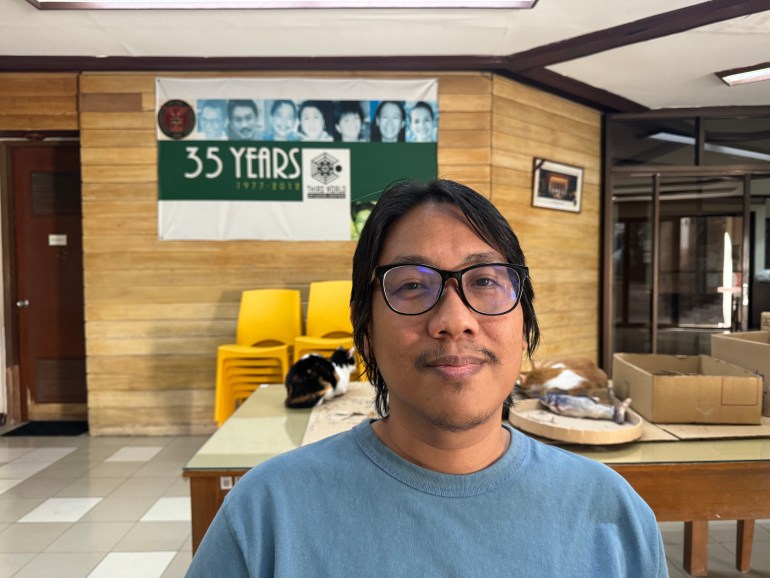
Joel Ariate, principal investigator of the Dahas project, noted that murders have decreased in much of the country – including Metro Manila – since Acorda took over as police chief in April 2023. However, they have increased in Davao, Davao's hometown. Duterte, where his son, Sebastian, serves as mayor.
The improvements made by Acorda are still far from sufficient, Ariate said.
Marcos himself has been “ambiguous at best” in describing his feelings about the drug war, Ariate said. While members of the Marcos administration have pledged to adopt a new rehabilitation-focused approach, there has been no evidence that this is actually happening.
“The underlying countermeasure is very much geared toward targeting individuals and killing them,” Ariate said. “So as long as that mechanism and that way of thinking is still there, I think the killings will continue.”
Human rights organizations have criticized Marcos for not prosecuting those behind the drug war killings, but their complaints have fallen on deaf ears. Justice Secretary Jesus Crispin Remulla has repeatedly vowed to keep the ICC out of the country and has denied that a “culture of impunity” exists in the Philippines.
“The ICC is like a small point of light for us,” Escudero said. “We know we won't get anything from the regional trials. We have already seen it in other cases.”
When he died, Ephraim left behind two small children.
Now, at eight and six, they are getting old enough to use Google, and the oldest has already found news about his father and started asking questions.
Escudero held up a sign he had made that showed his brother smiling. He showed the original, blurry image on his phone, which he had digitally altered. “I used AI,” he said. “We didn't have a good photo.”

